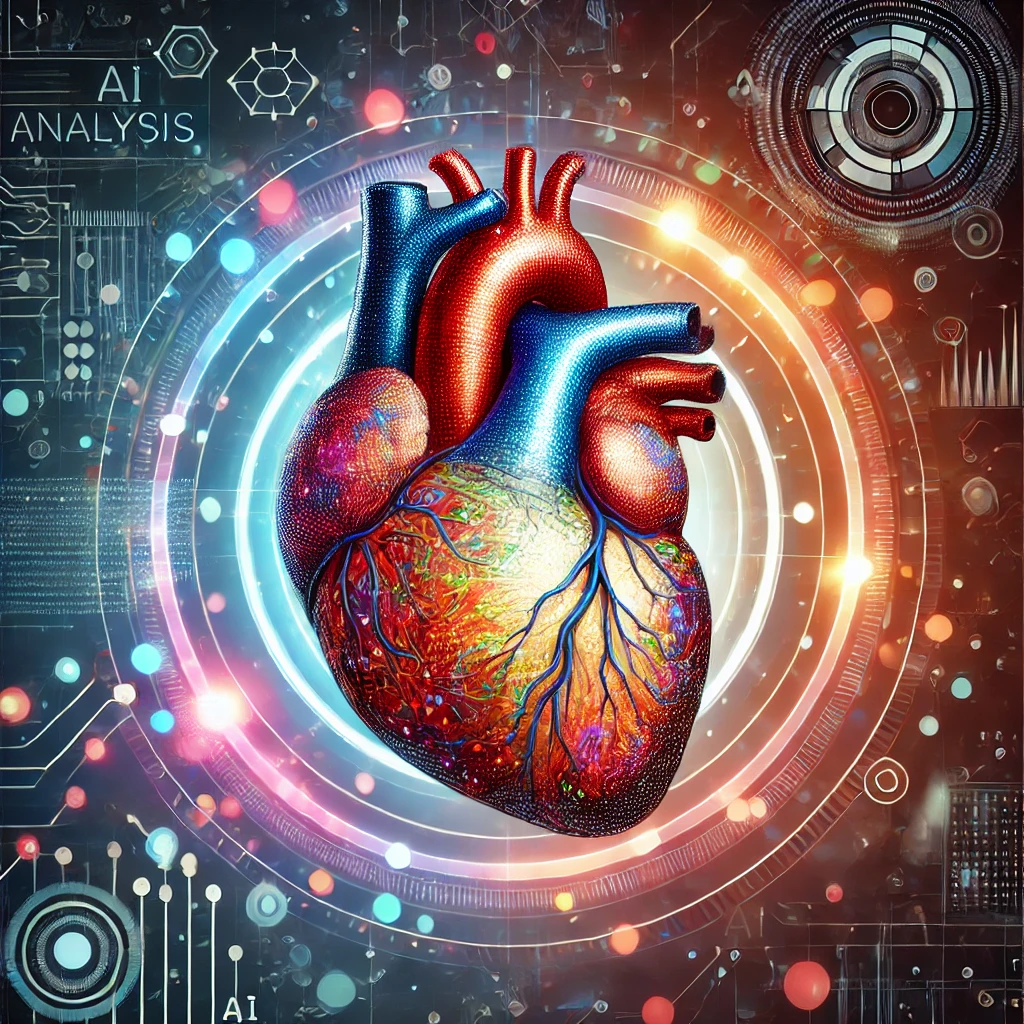Introduction
Artificial Intelligence (AI) is revolutionizing the medical field by significantly enhancing diagnostics, treatment options, and overall healthcare delivery. This mega article explores how AI technologies are transforming medical research, focusing on their impact on diagnostics and treatment options. By integrating advanced algorithms and machine learning techniques, AI is setting new standards in precision medicine, drug discovery, patient care, and more.
The Impact of AI on Medical Diagnostics
Early Disease Detection
AI algorithms are particularly adept at analyzing vast amounts of data quickly and accurately. In medical diagnostics, this capability allows for the early detection of diseases by identifying subtle patterns in patient data that human clinicians might miss. For example, AI systems in oncology can analyze imaging data to detect early signs of cancer that are often missed in initial screenings.
Enhanced Imaging Analysis
AI enhances the capabilities of medical imaging tools such as X-rays, MRI, and CT scans. Machine learning models are trained to interpret images and identify abnormalities with a level of precision that surpasses traditional methods. This not only speeds up the diagnostic process but also increases its accuracy, reducing the likelihood of misdiagnosis.
Predictive Analytics
Predictive analytics in healthcare uses AI to predict patient outcomes based on historical data. This approach can forecast disease progression, helping healthcare providers to customize treatment plans at an individual level. AI-driven predictive models analyze data from various sources, including electronic health records (EHR), genetic information, and clinical studies, to make accurate predictions about health risks and outcomes.



AI in Treatment Options and Planning
Personalized Medicine
AI’s ability to analyze data from genetic testing allows doctors to understand how different patients are likely to respond to specific treatments. This facet of AI is fundamental to personalized medicine, where treatments are tailored to the genetic makeup of individual patients, improving treatment efficacy and minimizing side effects.
Surgical Robotics
Robotic surgery, guided by AI, has transformed many aspects of surgery, allowing for precision that minimizes tissue damage and speeds up recovery times. AI-driven robots can perform complex surgical tasks with flexibility and accuracy unmatched by human hands, often leading to better patient outcomes.
Drug Discovery and Development
AI accelerates the drug discovery process by predicting how new drugs can interact with the body. This process involves simulating millions of potential interactions and identifying promising candidates for further development, significantly reducing the time and cost associated with traditional drug discovery methods.
The Challenges and Ethical Considerations
Data Privacy and Security
While AI can greatly enhance the efficiency and effectiveness of medical research and patient care, it also raises significant data privacy and security concerns. Ensuring the protection of patient data against breaches is paramount, as the consequences of such incidents can be devastating.
Ethical Implications
The use of AI in medicine also presents various ethical issues, such as decision-making authority, bias in AI algorithms, and the potential for reduced human oversight in critical care scenarios. It is crucial for healthcare providers and AI developers to address these concerns to maintain trust and integrity in healthcare delivery.
The Need for Robust Regulatory Frameworks
As AI becomes more integrated into medical practice, robust regulatory frameworks must be developed to manage its use effectively. These frameworks should ensure that AI tools are safe, effective, and equitable, and that they comply with existing medical laws and ethical guidelines.
Conclusion
AI is set to continue its transformative impact on medical research, pushing the boundaries of what is possible in diagnostics and treatment. As these technologies advance, they promise to enhance every aspect of patient care, from prevention and diagnosis to treatment and follow-up care. However, to fully realize the benefits of AI in medicine, ongoing challenges related to ethics, data security, and regulation must be strategically addressed. The future of healthcare is bright with AI, heralding a new era of medical innovation and improved patient outcomes.